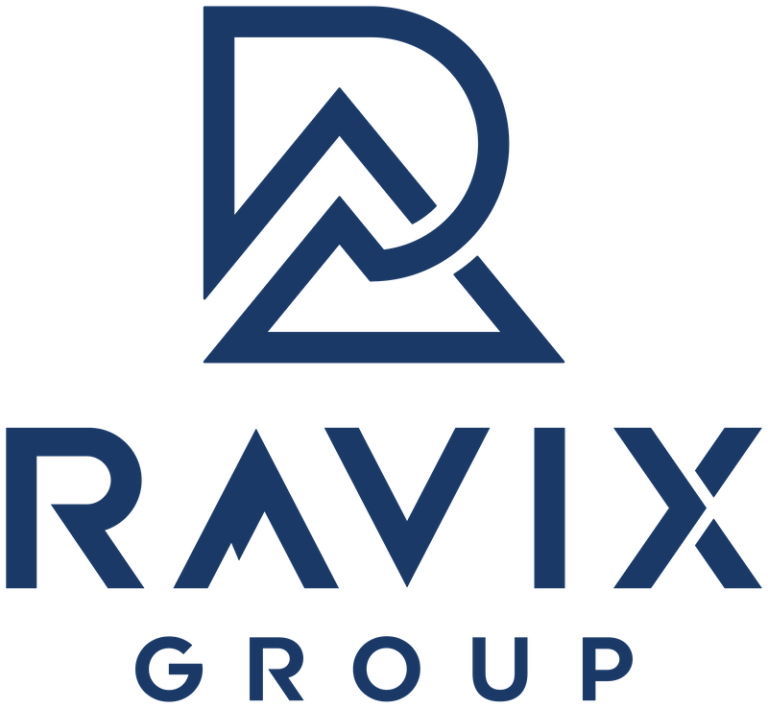The Los Angeles skyline was a blend of sleek modernity and gritty realism, much like the business ventures it housed. In a nondescript warehouse in Downtown LA, luxury and ambition hung heavy in the air, alongside the scent of high-quality fabric. This was the domain of the Newtson Brothers, a pair of fashion entrepreneurs who had recently ventured into the volatile world of luxury home goods. Their latest endeavor, however, was unraveling at the seams.
It was a humid Thursday afternoon when my phone rang. “Dr. Doom, I’ve got an urgent situation in one of my warehouses,” the voice on the other end was terse, echoing the urgency of a sinking ship. It was the landlord of the warehouse, Mark, anxious to clear the space of the failing business. The Newtson Brothers, renowned for their fashion acumen, had bitten off more than they could chew with their home goods expansion. Their venture into 1000-thread-count Egyptian cotton sheets, towels, and bedspreads was bleeding cash, a far cry from the sleek, profitable world of apparel they were used to. They thought they could translate a fashion house into a luxury home goods empire – but it turns out they bit off more than they could chew.
I arrived at the warehouse the next morning. The brothers greeted me, their demeanors as contrasting as their business strategies. The elder, an embodiment of enthusiasm and big-picture thinking, was all about expansion and innovation. The younger, more analytical and detail-oriented, seemed to be perpetually calculating the odds. Both flamboyant in their style and approach, their dynamic had propelled them to success in fashion, but home goods were a different beast.
The problem was clear. The expansion, though ambitious, lacked the precision and market understanding that had marked their fashion ventures. The home goods market was saturated, and their high-end products, while of impeccable quality, were lost in a sea of established brands. The cost of manufacturing, marketing, and distribution was astronomical, and the return was meager. It was time for tough decisions.
Turnaround or Wind-Down?
“The brand still has value, but this venture is bleeding you dry,” I stated, cutting through the pleasantries. The only viable option was to liquidate the home goods division and proceed with winding down this part of the business. The brothers exchanged glances, the weight of reality settling in. “We gotta wind it down to save the fashion business,” I put it bluntly.
Our first step was to assess the inventory. The warehouse was a treasure trove of high-quality home goods. We could recoup a significant amount of their losses by liquidating these assets. I reached out to my network of liquidators, auction houses, and retailers. The brand name carried weight, and there was interest.
The next challenge was the warehouse lease. The landlord was eager to repurpose the space. Through negotiations, we agreed on a swift exit that minimized additional costs for the brothers.
Within weeks, the auction was a success. We sold off the inventory, piece by piece, turning luxurious bedspreads and towels into much-needed capital. The Newtson Brothers, though somber about the closure, were relieved to see some return from their misadventure.
As the warehouse emptied, I couldn’t help but reflect on the journey. The Newtson Brothers, with their contrasting personalities and shared ambition, had learned a hard lesson about overextension. For me, it was another chapter in the life of a Chief Restructuring Officer. Each business I encounter is a unique puzzle, with its successes and failures.
In the world of startups, ambition often outpaces reality. My role, as unenviable as it might seem, is crucial in these moments of reckoning. It’s about salvaging what can be saved, about guiding founders through the storm, and sometimes, about knowing when to let go.
As I walked out of the now-empty warehouse, I knew the Newtson Brothers would bounce back. They had the drive, the skill, and now, a hard-earned lesson in the risks of rapid expansion. For me, the next call was just around the corner, another startup, another challenge. In the world of Dr. Doom, the work never ends.
*The names have been changed to protect the traumatized
If you need a startup turnaround assessment or a wind-down strategy, reach out to Ravix Group today for a free one-hour consultation.



